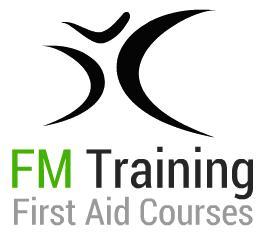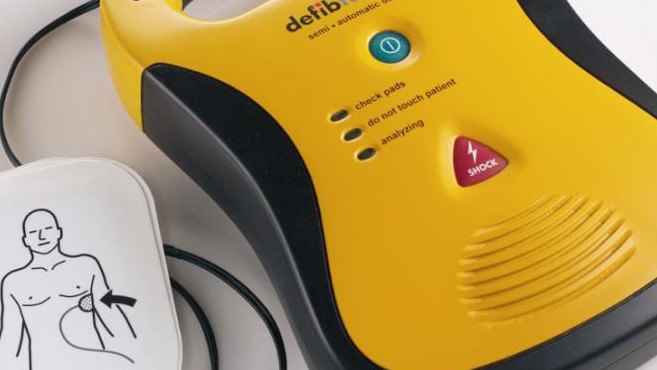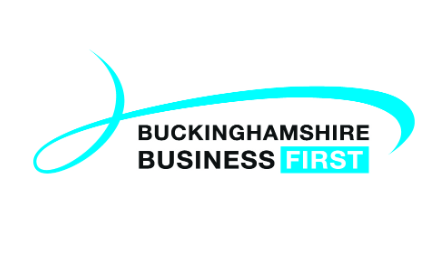Sudden cardiac arrest is a leading cause of death in the UK. Around 30,000 people each year suffer out-of-hospital cardiac arrest.
Every minute without CPR and Defibrillation, a person’s chance of survival decreases by approximately 10%.
An automated external defibrillator (AED) is a device which shocks the heart back into its normal rhythm during cardiac arrest. This is a device which is simple enough to be used by the public. Once the device is turned on, it guides the user through the process using visual and audible prompts. Some defibrillators also give CPR feedback and coaching to ensure the casualty receives the highest quality CPR possible.
Defibrillators are becoming available a lot more in public spaces, like schools, football stadiums, airports, leisure centres, and train stations, outside community halls and in disused phone boxes are just some of the places that you may find a defibrillator due to their life saving abilities. Public access Defibrillators are protected by an access code, which is given out by the ambulance control team when you phone for an ambulance.
How to use a defibrillator:
- Turn the defibrillator on and follow the voice and visual prompts.
- Attach the electrode pads on the casualty’s bare chest as directed by the defibrillator.
- Once the electrode pads are in position, the defibrillator will begin to analyse the casualty’s heart rhythm. Ensure that no one is touching the casualty whilst the defibrillator is analysing the rhythm.
- If a shock is indicated by the defibrillator, ensure that no one is touching the casualty and push the flashing shock button as directed (fully automated defibrillators will deliver the shock automatically). If no shock is advised, follow the voice and visual prompts from the defibrillator and continue with CPR.
- Continue with CPR for two minutes.
- After two minutes, the defibrillator will re-analyse the casualty’s heart rhythm to see if another shock is advised or not. The sequence of CPR followed by analysis will continue until the professionals arrive and tell you to stop.
Why not attend one of our First Aid courses and receive hands on practical training on administering CPR and using a defibrillator and learn much more.
We offer First Aid courses for groups or individuals at our venue in High Wycombe. Alternatively, we can come to your workplace at a date and time to suit you.
We are adhering to Covid-19 social distancing measures with strict and enhanced infection control measures on all of our courses.
Get in touch for more details.








